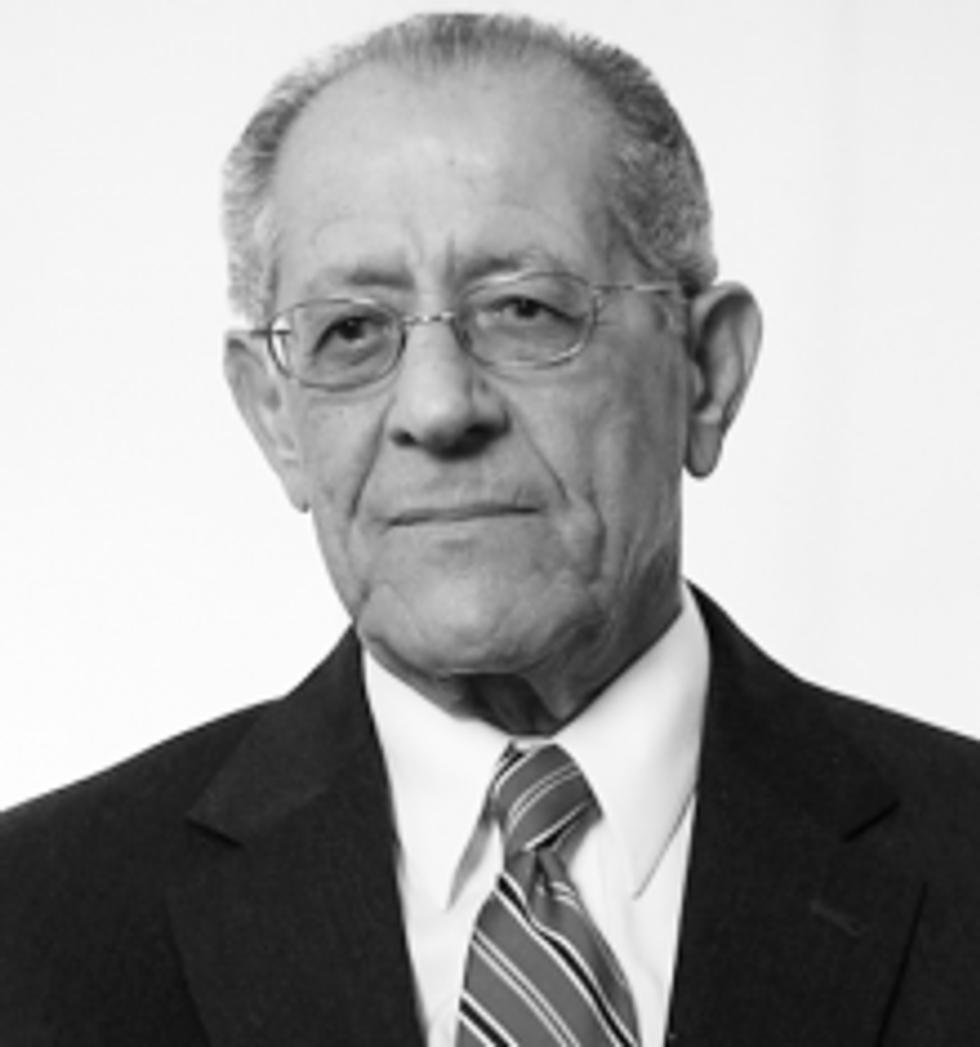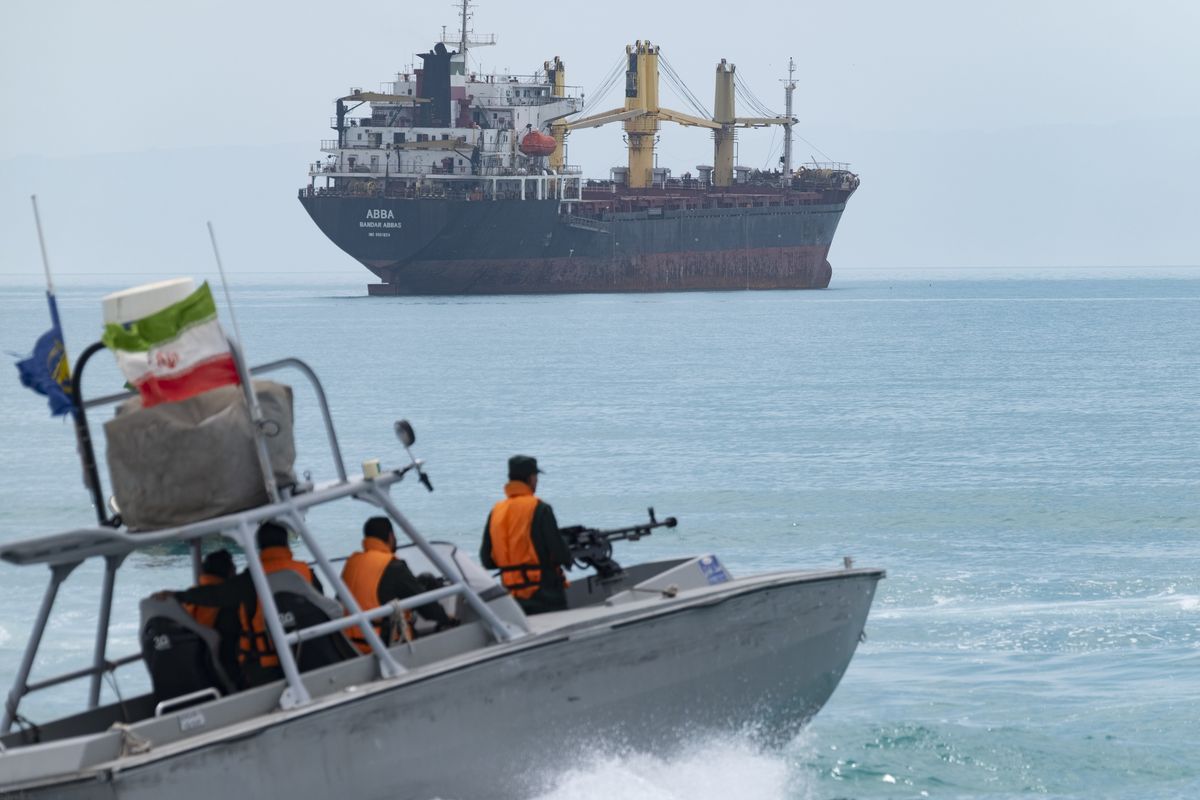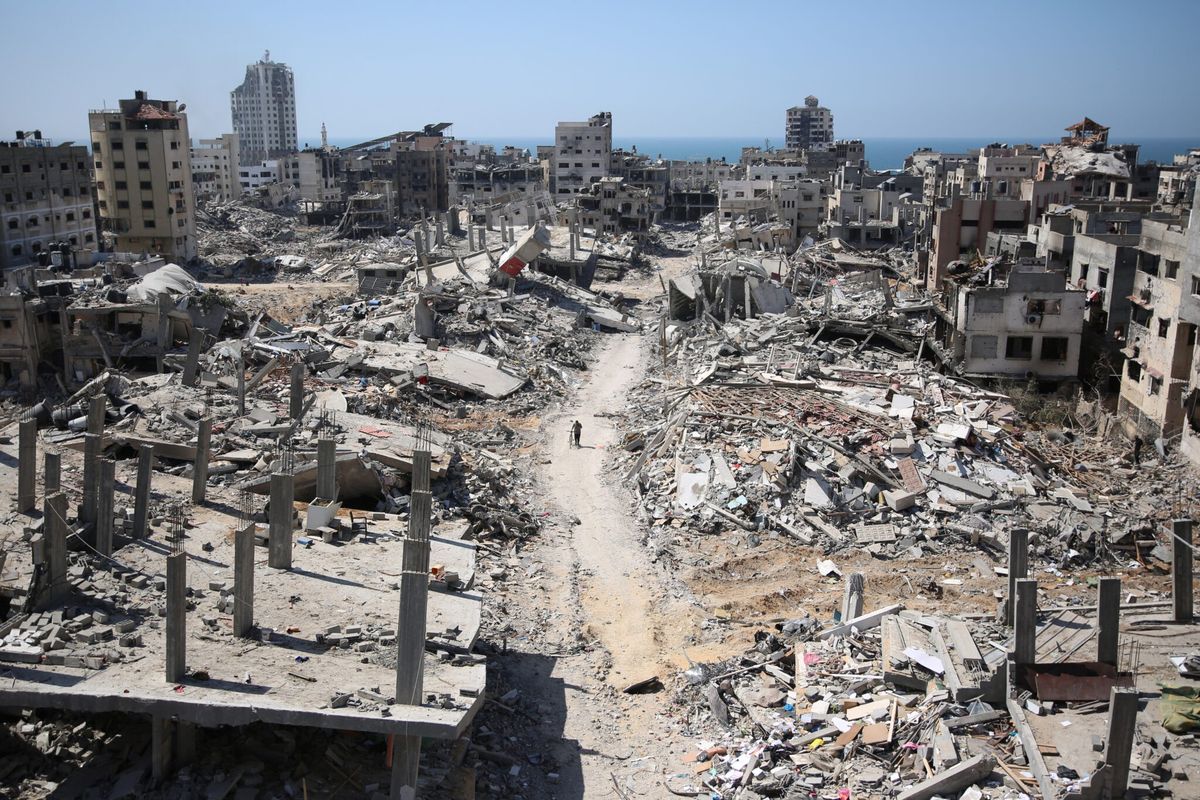President Donald Trump’s decision to recognize Jerusalem as the capital of Israel has left Palestinian leaders questioning the United States’ ability to effectively spearhead any future peace negotiations between the Israelis and the Palestinians. Trump’s announcement has also sparked protests in the Gaza Strip and the West Bank, which could turn violent, although such a flare-up in tensions would reignite bloodshed and suffering on both sides and further hamper reaching a sustainable outcome. Ultimately, Trump’s decision may have far-reaching implications as it could push an increasing number of Palestinians towards Hamas’ hardline mantra and compel Palestinian leaders to revisit their vision of what constitutes a future Palestinian state.
- Palestinian Authority (PA) President Mahmoud Abbas stated that Trump’s decision was “a deliberate undermining of all peace efforts” and that it “represents a declaration that the United States has withdrawn from playing the role it has played in the past decades in sponsoring the peace process.”
- Saeb Erekat, chief Palestinian negotiator and secretary-general of the Palestine Liberation Organization (PLO), the political body that represents Palestinians at the UN, said that Trump “has disqualified his country from any possible role in the peace process” and “destroyed any possibility of peace” between Israelis and Palestinians.
- Hamas chief Ismail Haniyeh called for a new “intifada” or uprising against Israel, and said that the decision amounted to a declaration of “war” against the Palestinians. “We have given instruction to all Hamas members and to all its wings to be fully ready for any new instructions or orders that may be given to confront this strategic danger that threatens Jerusalem and threatens Palestine,” Haniyeh said. “We want the uprising to last and continue to let Trump and the occupation regret this decision.”
Middle Eastern history dictates that violence has served as a driving factor in forcing opposing sides to reach difficult compromises. However, while another intifada could propel Israeli and Palestinian leaders to the negotiating table to alleviate an immediate crisis, previous intifadas have cost many lives and have failed to yield a lasting peace agreement acceptable to both sides.
Aaron David Miller, former Senior Advisor for Arab-Israeli Negotiations, U.S. Department of State
“The significance of the first intifada falls in the box of sadly why things happen in this region when they do. Almost every diplomatic act of a positive nature was preceded by an act of insurgency. That was true of Kissinger’s disengagement agreements triggered by the 1973 war. It was true of the first intifada, which ultimately would give rise to the Oslo Process and the Jordanian-Israeli peace treaty. It was true of Madrid, which was triggered by Sadam Hussein’s invasion of Kuwait.”
- This Saturday marks the 30th anniversary of the first Palestinian intifada, or uprising, which began on Dec. 9, 1987, after an Israeli army vehicle collided with car driven by a Palestinian in northern Gaza. The first uprising ended in 1993.
- A second intifada was launched in 2000 after then-prime ministerial candidate and former Israeli Prime Minister Ariel Sharon visited the Temple Mount and lasted for approximately four years.
- Since Hamas assumed complete control over the Gaza Strip in 2007, it has engaged in several clashes with Israel, most notably in 2008-2009, 2012, and 2014.
Emile Nakhleh, former Member,
CIA's Senior Intelligence Service
“The Palestinian people in the West Bank, East Jerusalem and Gaza are unlikely to mobilize into another intifada similar to what happened 30 years ago. However, sporadic and bloody violence and terrorism are expected to increase against Israeli settlers in the West Bank and inside Israel as well. Some Israeli Arabs will likely commit violent acts against Jewish citizens of Israel, which would be a more ominous development for Israeli security services since most of these Arabs are fluent in Hebrew, look like Jews, and know the country very well.”
Jon Alterman, Director, Middle East Program, Center for Strategic and International Studies
“The first intifada started with a car accident, so I think there could always be a spark that can turn into something. But I don’t think it is likely. What is more likely is that the U.S. centrality here in terms of diplomacy diminishes.”
The initiation of a third intifada would have an adverse effect on an already weakened Palestinian political establishment. Such incitement would undermine ongoing reconciliation efforts between the PA, which governs the West Bank, and Hamas, which controls the Gaza Strip, that are aimed at equipping the Palestinian people with a legitimate representative body and singular, authoritative voice in negotiations.
Lucy Kurtzer-Ellenbogen, Director, Israeli-Palestinian Conflict Program, USIP
“Prior to Trump’s announcement, PA President Mahmoud Abbas had called for immediate action to achieve reconciliation, which is hugely popular on the Palestinian streets in a way that the Palestinian leadership is not. In light of Trump’s announcement, President Abbas can’t be seen to put anything other than Palestinian national interests first and foremost. So, he may be forced into either relaxing or deferring some of the conditions that have been placed on Hamas in the context of this reconciliation process.”
Trump’s announcement may also embolden Hamas in its negotiations with the PA and help facilitate an even stronger Hamas presence in Palestinian politics. The fact that Trump’s decision came under Abbas’ watch, compounded with the strong rhetoric undertaken by Hamas’ leadership, may result in the U.S. designated terrorist group emerging from these events with a rising level of influence.
Perry Cammack, Fellow, Middle East Program, Carnegie Endowment for International Peace
“I think Hamas will try to capitalize on this and say, ‘Abbas, you have tried for [many] years to push negotiations and look where it has gotten you – nowhere. In fact, things are moving backwards for Palestinians.’ They will certainly capitalize on that, and it could lead a turn – not a decisive one, but a significant one – in Palestinian public opinion in that direction. However, it is also the case that Hamas itself is facing tremendous pressures in part because of changes in the regional landscape – in terms of pressure from Egypt and the Gulf. So whether they are actually able to capitalize on this opening in a meaningful way, either politically or financially, remains to be seen.”
In response to Trump’s announcement, Palestinian leaders have proposed alternatives to the two-state solution, including a one-state solution.
Perry Cammack, Fellow, Middle East Program, Carnegie Endowment for International Peace
“One potentially interesting development is that there have been several statements from Palestinian politicians to the effect that they intend to now move towards a one-state solution rather than a two-state solution. It is too early to know if this is a rhetorical response or if it really does reflect a strategic shift, and I’m a little doubtful that it signifies the latter. But if the notion takes hold within the Palestinian national movement – whether driven from the top down or from the bottom up – that the two-state outcome is no longer the final objective, but rather a civil rights effort in the context of a one-state solution, that would potentially have enormous consequences in shaping the contours of the conflict going forward.”
Although Palestinian officials have stated a desire to walk away from the two-state solution, such a roadmap may represent the only viable option for realizing a Palestinian state. Thus, instead of searching for a new approach, it may be in the best interest of the Palestinian leadership to refocus their efforts on asking something of Washington, and possibly Israel, in return for this proclamation.
Ghaith al-Omari, Former Advisor, Palestinian Authority
“Despite recent threats by Abbas, the PLO and PA have nowhere to go but a two-state solution. There is no other politically viable option. So they have no choice but to do that. And there is no one who can lead the process except for the Americans. The next challenge is ‘Can the Palestinians, with the support of Arab countries, come to Washington and use this opportunity to ask for a quid pro quo from the U.S.?’ There is no indication so far that they are going to this but I suspect many Arab countries will be pushing them in that direction.”
Bennett Seftel is the director of analysis at The Cipher Brief. Follow him on Twitter @BennettSeftel.



















